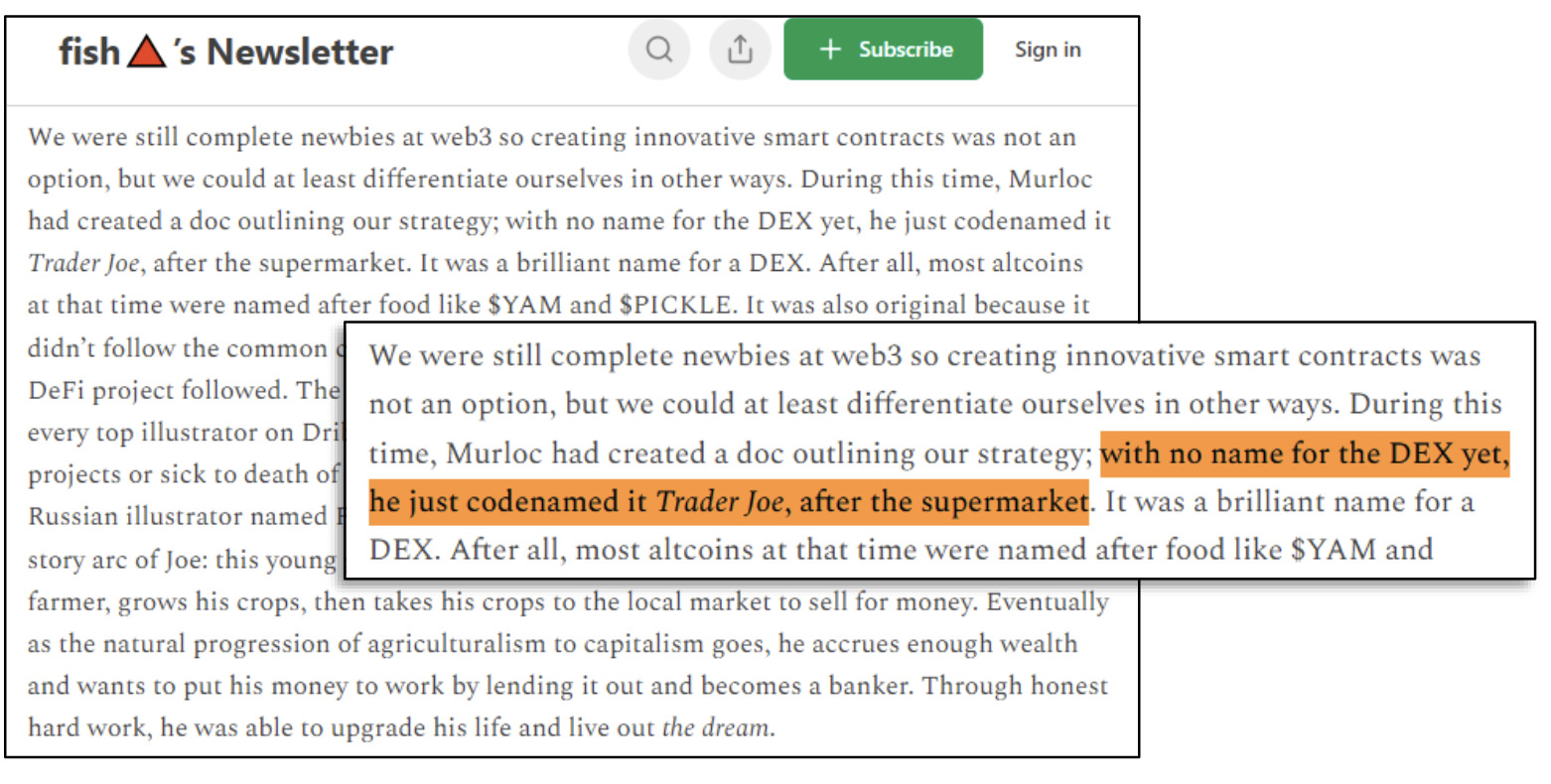Certiorari Granted to Jack Daniel’s with Respect to Parody Dog Toy: Does Anyone Here Have a Sense of Humor, and Does it Matter? | Akerman LLP – Marks, Works & Secrets
On November 21, 2022, the Supreme Court granted certiorari on the following questions described in Jack Daniel’s petition:
Respondent VIP Products LLC markets and sells dog toys that trade on the brand recognition of famous companies such as petitioner Jack Daniel’s Properties, Inc. The district court found that VIP’s use of Jack Daniel’s trademarks to sell poop-themed dog toys was likely to confuse consumers, infringed Jack Daniel’s marks, and tarnished Jack Daniel’s reputation. The Ninth Circuit, however, held that VIP’s First Amendment interest in using Jack Daniel’s trademarks as its own marks on funny dog toys conferred special protection from infringement claims and rendered VIP’s commercial dog toys “noncommercial” and thus exempt from dilution-by-tarnishment claims.
The questions presented are:
1. Whether humorous use of another’s trademark as one’s own on a commercial product is subject to the Lanham Act’s traditional likelihood-of-confusion analysis, or instead receives heightened First Amendment protection from trademark-infringement claims.
2. Whether humorous use of another’s mark as one’s own on a commercial product is “noncommercial” under 15 U.S.C. § 1125(c)(3)(C), thus barring as a matter of law a claim of dilution by tarnishment under the Trademark Dilution Revision Act (“TDRA”).
The trademarks at issue and the products on which they are displayed are:
The image on the left is a bottle of Tennessee sour mash whiskey. The image on the right is a soft plush dog toy. Query whether any consumer seeing the dog toy believes that it is sponsored by or affiliated with the source of the whiskey. Also query whether anyone in this country has a sense of humor, and does that matter under the Lanham Act.
The dispute had been to the Supreme Court once before. The district court had found for Jack Daniel’s after a bench trial, and that decision was reversed in part and remanded by the Ninth Circuit in light of Rogers v. Grimaldi, 875 F.2d 994 (2d Cir. 1989), finding that VIP’s use was a parody and an expressive work. Jack Daniel’s applied for cert with respect to that decision, and cert was denied on January 11, 2021. On remand, the district court granted summary judgment to VIP under Rogers and the Ninth Circuit summarily affirmed.
In its cert petition, Jack Daniel’s argues that the Ninth Circuit eviscerated the core protections of trademark law, making it virtually impossible to stop misleading or tarnishing use of a mark whenever a copycat deploys humor. According to Jack Daniel’s, under the Ninth Circuit’s approach, the copycat’s supposed First Amendment interest trumps all else—the statutory text, the public interest in avoiding confusion, and the mark holder’s goodwill and own First Amendment interest.
First, Jack Daniel’s asserted that in contrast to the Ninth Circuit’s decision, the Second, Seventh, and Eighth Circuits have rejected claims for heightened First Amendment protection in cases where a party makes humorous use of another’s trademark as one’s own — i.e., to identify the source of a commercial good or service. In Jack Daniel’s view, those circuits hold that a mark holder need only satisfy the traditional likelihood-of-confusion test and that humor or parody is merely a factor in that test. Additional circuits, as well as the Trademark Trial and Appeal Board, have likewise analyzed humorous use of trademarks under the traditional likelihood-of-confusion test.
Jack Daniel’s also argues that the Ninth Circuit decision on dilution by tarnishment creates another circuit conflict, independently warranting review, positing that the Ninth Circuit held that, although VIP used Jack Daniel’s trademarks and trade dress to sell Bad Spaniels, its use was “noncommercial” because it conveyed a “humorous message.” In Jack Daniel’s view, the Ninth Circuit thus held, as a matter of law, that VIP’s use fell within the “noncommercial use” exclusion to a federal cause of action for dilution under the TDRA. In the words of the petition, under the Ninth Circuit’s standard, virtually any “humorous” use of another’s trademark to sell a product is “noncommercial” and thus excluded from dilution liability.
VIP opposed the petition, arguing that there was no circuit split on the application of the test enunciated in Rogers to expressive works and that the only issue the Ninth Circuit decided was whether the Bad Spaniels parody was an expressive work to be evaluated under the Rogers test. In VIP’s view, the dispute is not really about confusion. It is about trademark owners who do not have a sense of humor: who do not like being parodied and do not enjoy that their brands’ iconic character makes them subject to parody that they cannot control.
VIP also pointed out that, in their view, every circuit that has addressed the issue has adopted the Second Circuit’s Rogers test to resolve infringement claims that target expressive works. In its view, when a mark is used in an expressive work, courts assess likelihood of confusion differently with “First Amendment concerns” in mind.
As to the dilution claim, VIP asserted that the Ninth Circuit properly applied Supreme Court commercial-speech doctrine to the speech at issue and properly held that an obvious parody was fully protected, noncommercial speech such that the TDRA’s noncommercial-use exception applied.
Jack Daniel’s replied and the Supreme Court granted the petition. One can speculate as to the reasons why. At the very least, the Court seems prepared to examine Rogers and the Ninth Circuit’s decision; but given the intersection of the First Amendment and the Lanham Act in this case, it is even more difficult than usual to predict votes here.
We will continue to follow the filings in this case.






